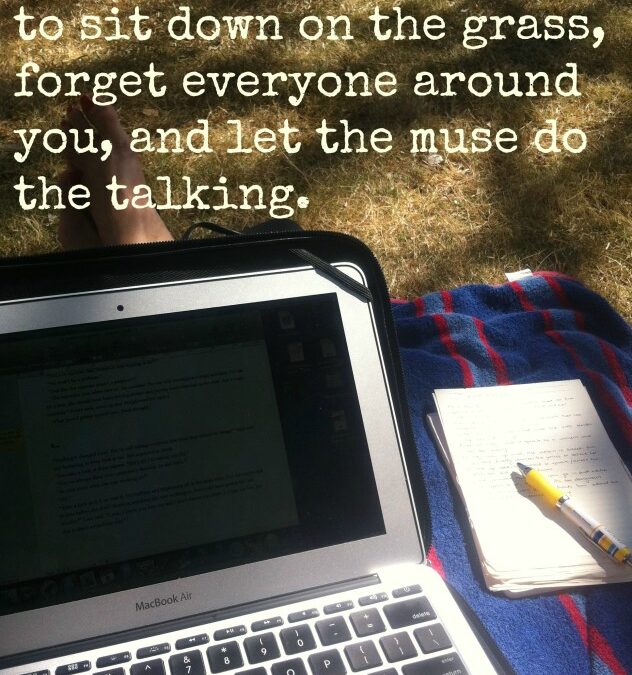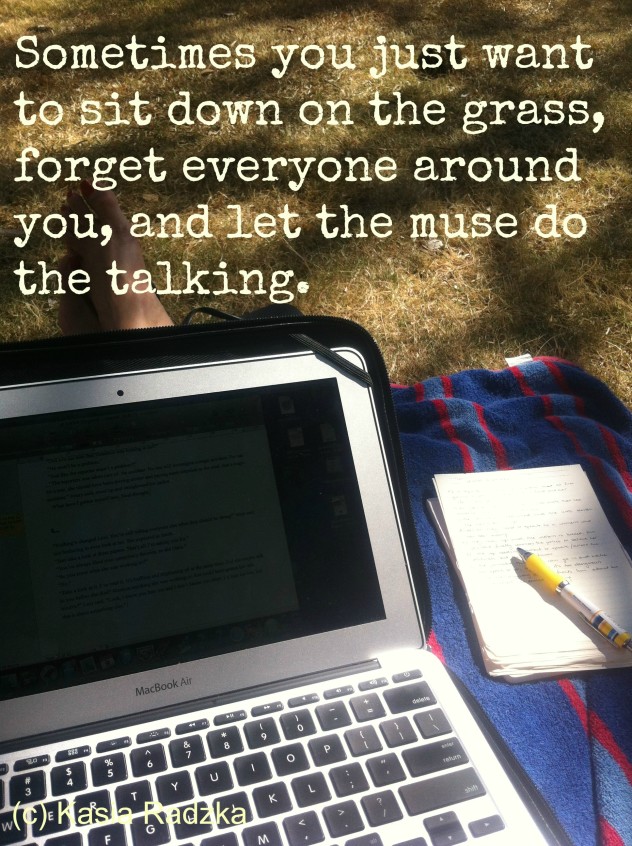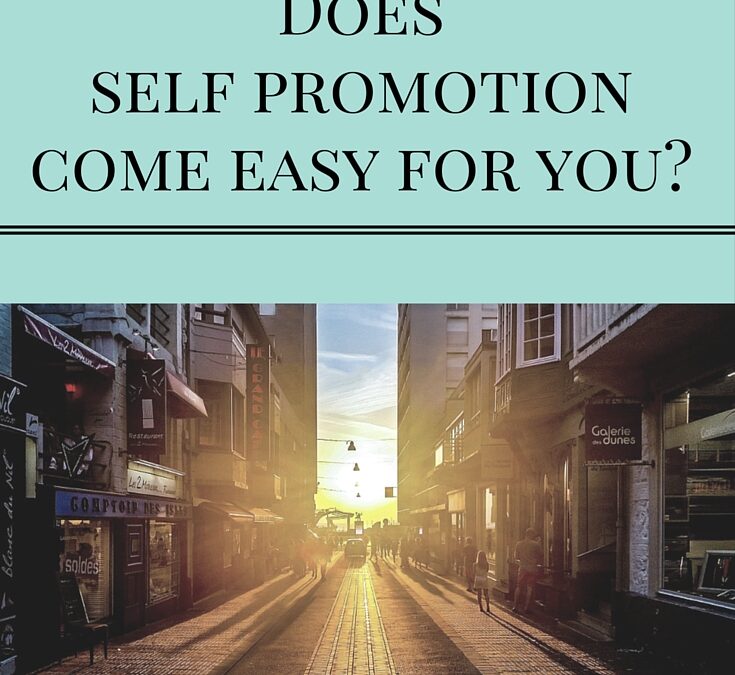
by Kasia | Mar 30, 2015 | Writing

I am a writer first. A blogger second. A marketer somewhere down the bottom of the list. But I’m working on it. I’m also a mum, an employee, a wife, a chef for the family, a student, a weekend athlete. Just like you, I have many roles, and many activities that require my attention. One thing that I have learnt from all these roles is how to manage my time so that everything gets done. My house mightn’t sparkle every day – actually, it resembles a playground at the moment – but I am good at getting things done without breaking out in excuses. You don’t find time, you make time for what’s important to you. Here are my three top tips on getting things done.
1 – Just do it
I’m sure this has been regurgitated time and time again but it’s still true. When you have something that requires doing, you just do it. Don’t think about, don’t dwell on it, don’t let your worries overwhelm you. Just do what needs to be done whether it’s brainstorming the next scene of your novel, going for a run, cooking dinner, or sprucing up your CV to get a better job. Just do it. Think about it later, once you’re half way through the task at hand at the earliest.
For about two months I was umming and errring whether to send my fiction manuscript to an editor. Finally, I stopped procrastinating and just did it. I Googled a few editors, emailed them requesting a quote and sample edit, and then decided on the one I wanted to use, polished up my manuscript a little bit more, and emailed it off. It really wasn’t as difficult as I made it out to be.
I’ve found that if I overthink things they are less likely to get done. If I get on with them then I’m more likely to have a super-duper productive day and all before the clock strikes 12, no, no turning into a pumpkin here, my brain slows. That’s 12 noon not 12 midnight by the way.
When it comes to little things I have a strategy: if it takes less than two minutes to do, just do it right now and move on. Don’t put it off. Things like putting on the washing, cleaning up the kitchen, sending an email, clearing the table, etc, take minutes if not seconds. Stop the clatter preventing you from doing the more important things like writing the article, finishing an important action scene or sending off that query. If it takes less than two minutes, don’t put it off for later.
2 – Plan ahead
Some people are seat-of-your-pants writers while others need to plan ahead before they sit down and put pen to paper. I fall somewhere in between. If I rely on the muse then there’s no planning involve. Unfortunately, relying on the muse is well, not very reliable.
I’ve found that planning in my down times – on the train, during my lunch break, while I’m cooking dinner, in the waiting room, in bed before I go to sleep, or while I’m watching My Kitchen Rules, I can brainstorm and outline ideas so that they are ready to go when I sit down to write. It means I’m more productive in the limited time I have, which at the moment falls while baby J is napping, when hubby comes home from work and can take over the parenting reigns, or on the train on my way to work.
3 – Don’t stop
Once you’re writing, keep at it. Don’t stop to edit until you have finished your writing quota for the day or your writing time is up. You’ll be amazed at how much more you can write. Once you’re done, then you can put on your editors hat and critique to your heart’s content. I find putting on a timer and challenging yourself to write as much as possible in a limited amount of time helps. Fifteen minute spurts seem to be the most effective.
What are your productivity hacks?
by Kasia | Mar 15, 2015 | Reading, Writing
Curiosity is a writer’s asset. Asking questions, being nosy, pushing boundaries. Writers need to that. They need to be curious to be able to write interesting and fresh stories. There’s only so much you can get out of your own experience. The rest you have to be willing to ask for.
I was a curious kid. Maybe a little bit too curious. A little self destructive too. Fortunately, I came to my senses and grew out of it. Regardless, there have always been three constants in my life: my love of reading, a passion for writing, and a desire to be fit and strong.
I was one of those kids who loved a good book. The library was one of my favourite places to visit. Once a fortnight I’d check the maximum capacity of books, I think it was like ten at the time. The books varied from Sweet Valley High and Nancy Drew (I was young) to Hare Krishna and the KGB (I was curious). I’d read every day, before school, at lunchtime and before bed. Reading had become ingrained in my personality.
Reading helped build my passion for writing. When I read R.L. Stine’s Goosebumps series, I had an urge to write horror stories about vampires, zombies and haunted houses. Then, I loved action packed spy stories with a little bit of romance. I was intrigued on subjects of national security, religions of the world, human science experiments, terrorism, spies, the Cold War, and the psychology behind society’s deadliest individuals. Once upon a time I wanted to work as a forensic pathologist, a criminal psychologist, and a defence attorney. How in the world did I end up with a Business degree and working with numbers?
The good thing about becoming a writer is you can be all those things and so much more. You can be anyone and be anywhere. You can create another world. You can research and learn about different aspects of society, culture, the good, the bad, the ordinary and the extraordinary. You can continuously quench your thirst for knowledge on any topic.
A writer is an everlasting student.
My day job may be working with numbers but I can still be a writer. Writing opens up doors, it’s allowed me to be involved in personal finance, investing, health and fitness, travel and fiction. You can check out The Wholesome Investor where I share my knowledge and research and hope to join forces with other passionate people in the future. I don’t profess to know it all, in fact, with each day I realise I know less and less.
I am an everlasting student.
How about you? Do you have a thirst for knowledge? What drives you to write?

by Kasia | Mar 11, 2015 | Uncategorized


by Kasia | Mar 6, 2015 | Self Promotion

A writer, writes. Simple. Straightforward. Easy.
A writer who wants to make a living writing is a different story. Apart from being a writer, you are also a self promoter, a marketing manager, a businessperson, an entrepreneur, a researcher, a twitterer (is that even a word?), a social media commentator.
A writer who wants to write full time and get paid for it has to be all those things and so much more.
I don’t know about you but I’m terrible at self-promotion. I’m happy to promote other people, vouch for their talents, market them to anyone and everyone I speak to, but doing the same thing for myself? Not a chance.
With the explosion of social media, self promotion should be easy. There are so many avenues from Facebook and Twitter to Linked In and blogging, that self promotion can be done with the click of a button and at no monetary cost.
But self promotion is scary. Social media has made it a scary experience.
You’re putting yourself out there. You’re baring your soul for the world to judge. And oh my goodness, do they judge. They will pick at the tiniest of things. They will destroy you by abusing you for being inadequate because you used ‘effect’ instead of ‘affect’.
They will torment you because you used a semicolon instead of a comma. They will scream at you with capital letters that YOU SHOULDN’T QUIT YOUR DAY JOB BECAUSE YOU SUCK! and you won’t because you’ll take it to heart and huddle in a corner with a cheap bottle of wine and a packet of Tim Tams as you swear to yourself you will never, ever, in a million year write another word.
Yes, I might be exaggerating just a little bit but it can and does happen.
The world is full of haters. But the world is full of supporters too. And while it’s easier to focus on the negative, we should really put more emphasis on the positive. I once read somewhere that you’re more likely to dwell on one negative comment even if you’ve received nine positive ones. Ouchie, ouch. That sucks!
We will never please 100% of the crowd. There will always be someone who’s going to put us down. The good news is, there are going to be ten others to lift us up.
Self promotion is an important part of anyone who runs a business, anyone wants to be a well-paid novelist, or is even trying to find a job. If you can’t toot your own horn, reaching a level of success that you deem satisfactory may take a little bit longer than expected or it might not happen at all.
I admire people who have no care in the world and can self-promote endlessly. I wonder if they do it because they love it and it comes easy for them, or they have fine-tuned their techniques and simply do them because they know it’s a necessary evil – fake it till you make it type of thing.
What are your thoughts on self-promotion? Does it come easy for you? Any tips?
by Kasia | Feb 8, 2015 | Uncategorized
I think I’ve read Lethal Disposal a dozen times. Maybe more. Before I send the novel off to a copy-editor (I haven’t decided which one yet), I want to do a structural edit first. A structural edit is not the easiest of things when you’ve read the novel so many times that you skim over sentences because you know what’s coming.
It’s easy to become complacent with one’s writing. It’s also very easy to be too critical and never let it out into the world. I’m hoping to find a balance between the two so I’m doing one last structural edit and have given myself three weeks to complete it.
So what is a structural edit?
It’s looking at the plot, characters, theme, and structure of the entire novel. It’s hard work but it’s also a necessity.
I’ve had two people read the book with a critical eye. A teacher friend was kind enough to make notes where plot points made no sense or required further explanation.
Now there are a few questions I need to answer:
Does the story flow?
Do I care about the characters?
Is the plot engaging enough?
Do my characters grow?
Are the main characters likeable?
Is there enough action/reaction?
Is the point of view clear?
Do the story elements make sense?
Do the character’s actions make sense?
Is there anything missing?
Have the subplots been wrapped up?
Has the main story point been wrapped up?
Does each scene move the story forward?
So it’s time to put butt back in chair, put my editors hat on, and tackle the novel’s structure.
Happy Writing (or rewriting!)





